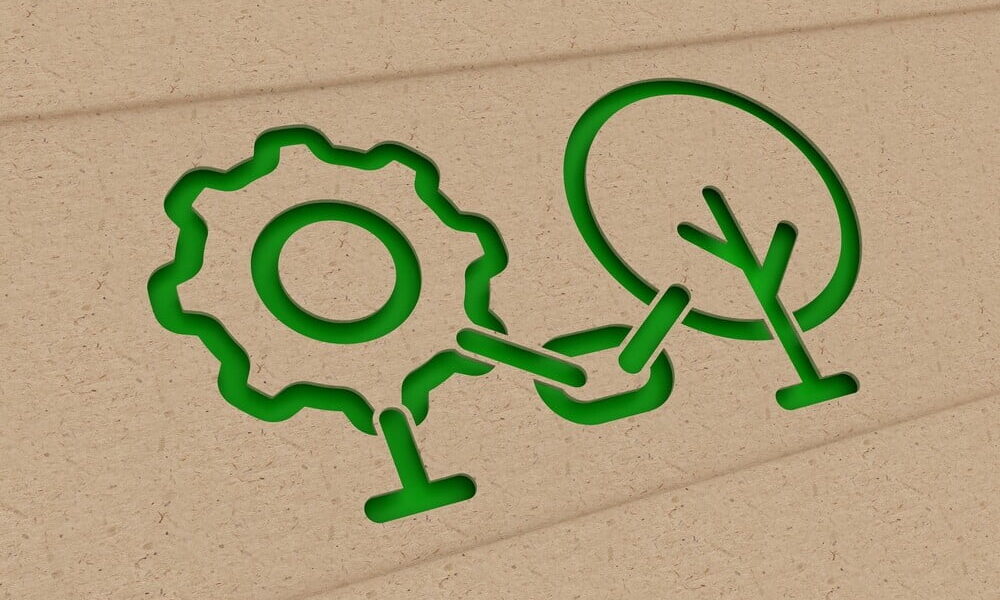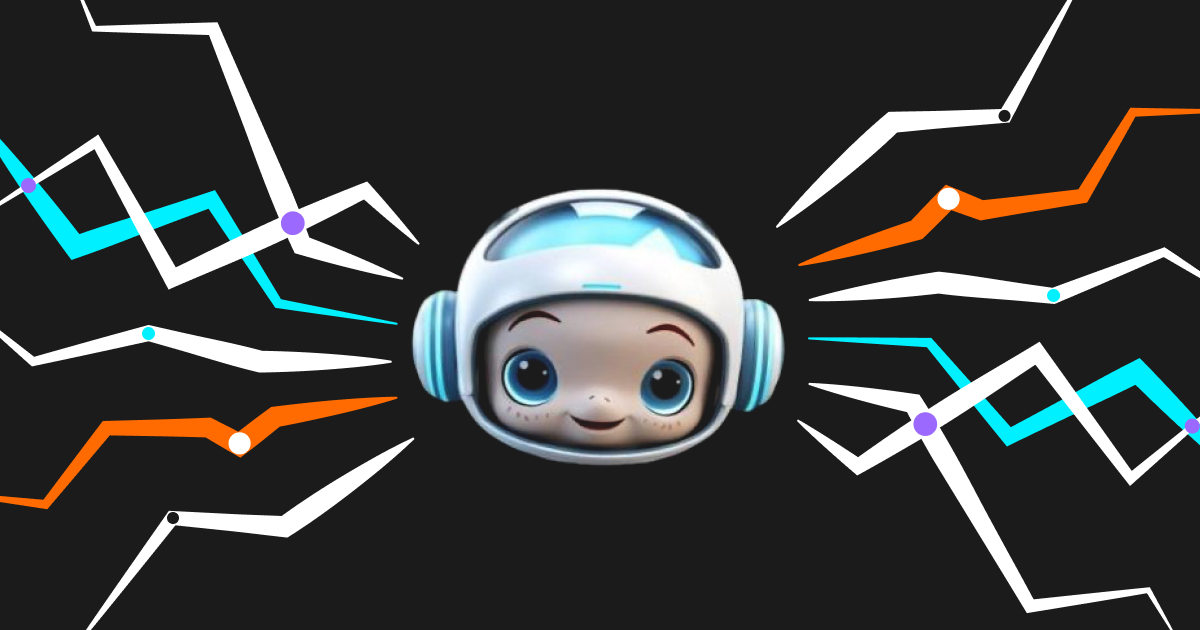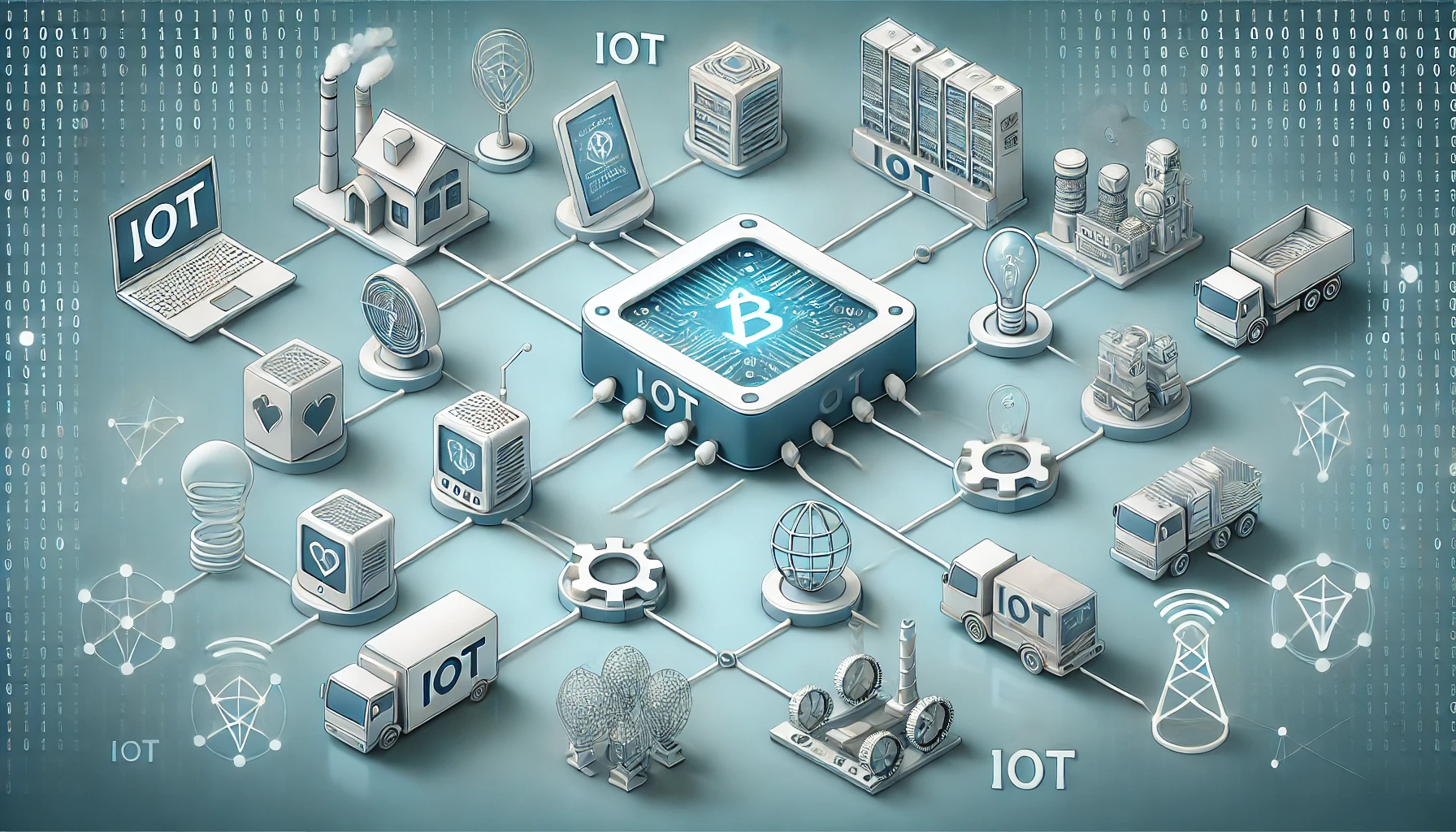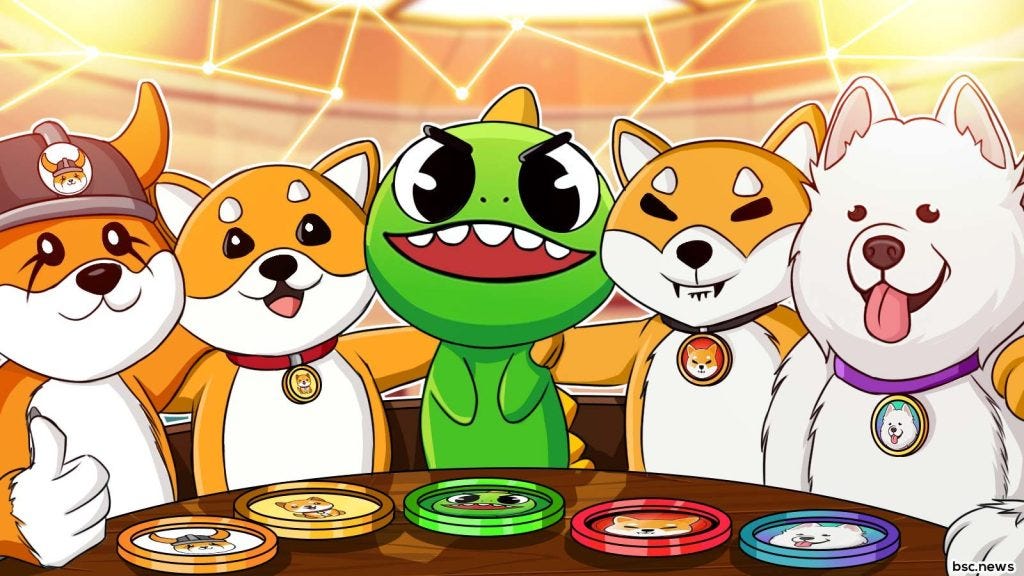The retail landscape, traditionally characterized by rampant consumption and waste, is undergoing a transformative evolution. Propelled by heightened consumer awareness, ecological concerns, and technological strides, retailers are embracing the frontiers of innovation through the integration of sustainable packaging and blockchain-powered supply chains.
Sustainable Packaging: Beyond Conventional Limits
In stark contrast to the era of single-use plastics and environmentally harmful packaging, contemporary retailers are spearheading the adoption of eco-friendly alternatives that not only reduce the environmental footprint but also elevate the customer experience. Here are noteworthy examples of these innovative solutions:
- Biodegradable and compostable materials: The shift from plastic to materials like mycelium, algae, and packaging derived from food waste marks a paradigm shift. This approach ensures natural decomposition, significantly alleviating the burden on landfills.
- Refill and reuse systems: Retailers are encouraging customers to embrace refillable containers for household essentials, such as detergents and condiments. This not only minimizes packaging waste but also promotes a circular economy.
- Minimalist and functional design: Packaging optimization, focusing on size and shape, not only reduces material usage and transportation emissions but also guarantees product protection.
Beyond their positive environmental impact, these sustainable packaging practices cultivate brand loyalty and contribute to a positive consumer perception, aligning with the values of today’s socially conscious customers.
Blockchain: Illuminating Transparency and Trust
The conventional opacity and ethical uncertainties inherent in traditional supply chains are being dispelled by the transformative capabilities of blockchain technology. This decentralized ledger system is revolutionizing the retail sector through:
- Enhanced provenance tracking: Consumers now have real-time access to detailed insights into the origin and journey of products, ensuring adherence to ethical sourcing and responsible production practices.
- Reduced food waste and spoilage: Blockchain-integrated sensors and monitoring systems optimize storage and transportation conditions, minimizing food waste throughout the supply chain.
- Counterfeit prevention: The immutable product provenance recorded on the blockchain facilitates the identification and mitigation of counterfeiting, safeguarding both brands and consumers.
By establishing trust and transparency, blockchain empowers retailers to connect with environmentally and ethically conscious consumers, thereby fostering brand loyalty and driving positive change.
A Glimpse into the Future: Innovation Unleashed
The convergence of sustainable packaging and blockchain technology serves as a launchpad for a myriad of possibilities within the retail sector:
- Smart packaging with embedded sensors: Envision packaging equipped with sensors that monitor freshness, spoilage, and environmental conditions during transport, thereby optimizing deliveries and minimizing waste.
- Hyper-personalized packaging: Blockchain-enabled data has the potential to customize packaging materials and sizes based on individual customer preferences, further reducing waste and enhancing sustainability.
- Gamified loyalty programs: The integration of blockchain in loyalty programs could reward consumers for choosing sustainable options or engaging with blockchain-powered provenance tracking, incentivizing eco-conscious choices and building brand loyalty.
The future of retail is pregnant with possibilities. Through the adoption of sustainable packaging and blockchain technology, retailers can not only diminish their environmental impact but also establish profound connections with consumers, instill trust, and propel innovation. This isn’t merely a glimpse into the future; it’s a clarion call to action—a unique opportunity to reshape the retail industry for the better.
Case Studies: Real-world Impact
1. IKEA’s Mycelium Packaging:
IKEA has taken a bold step towards sustainable packaging by exploring mycelium-based materials. This innovative approach not only reduces the environmental impact of traditional packaging but also aligns with the company’s commitment to sustainability.
2. Walmart’s Blockchain Pilot:
Walmart implemented a blockchain pilot project to enhance the traceability of food products. By leveraging blockchain, Walmart ensures a transparent and secure supply chain, allowing consumers to trace the journey of products from farm to shelf.
3. Procter & Gamble’s Refillable Packaging Initiative:
Procter & Gamble has introduced a refill and reuse system for certain products, encouraging customers to return and refill containers. This initiative not only reduces packaging waste but also promotes a circular economy in the consumer goods sector.
Emerging Technologies and Challenges
Nanotechnology in Sustainable Packaging:
Exploring the integration of nanotechnology in sustainable packaging materials could unlock new possibilities for enhancing durability and functionality while maintaining eco-friendly attributes.
Ethical Considerations in Blockchain:
As blockchain becomes more ubiquitous in supply chains, addressing ethical concerns, such as data privacy and potential misuse, becomes paramount. Striking the right balance between transparency and privacy is a challenge that demands careful consideration.
Conclusion
This amalgamation of sustainable packaging and blockchain technology signifies a pivotal moment in the retail industry’s evolution. As retailers continue to navigate this innovation frontier, the potential for positive environmental impact, enhanced customer relationships, and groundbreaking advancements is boundless. It’s not merely a trend; it’s a revolution that demands the commitment of the entire retail ecosystem.




